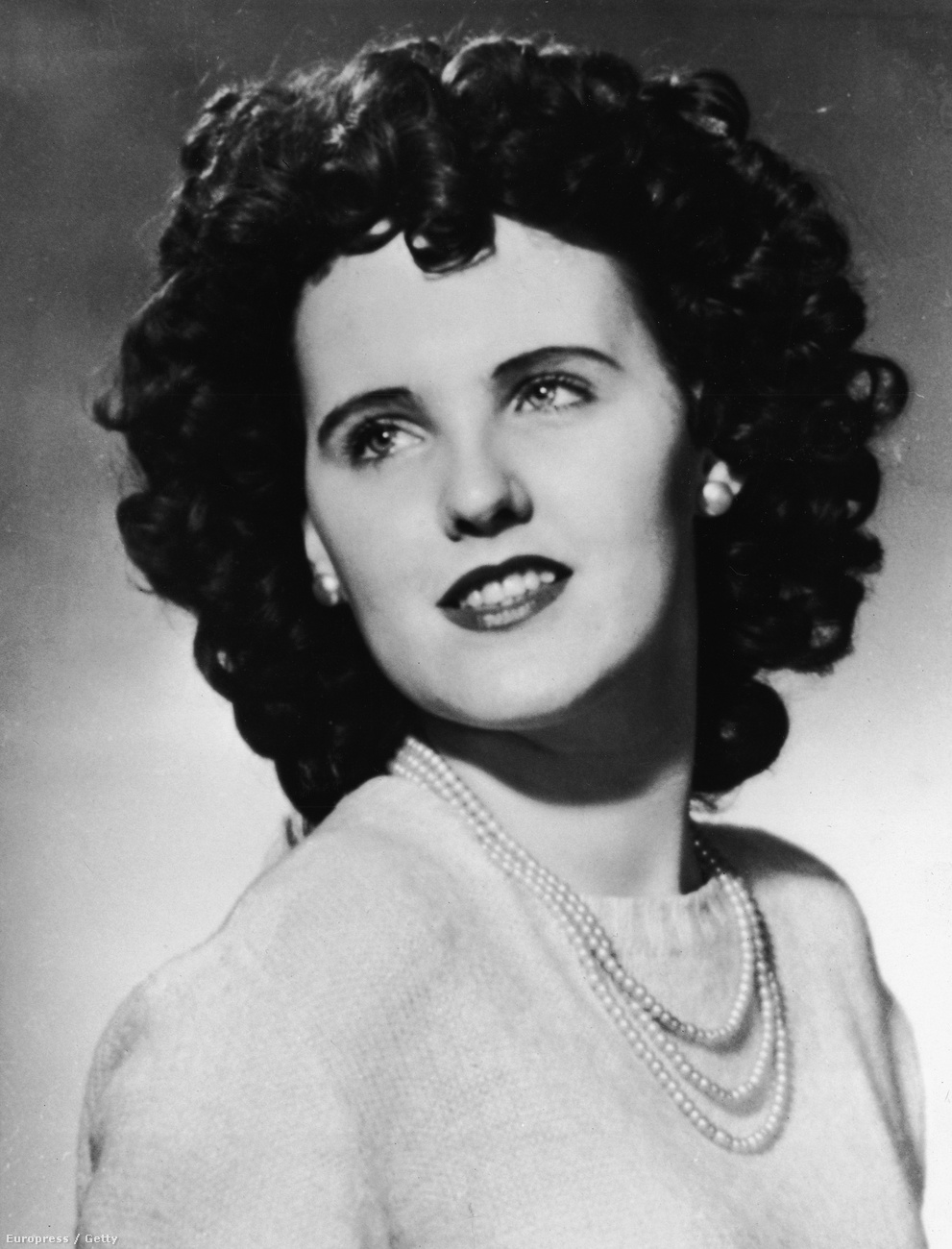Elizabeth Short, famously known as the Black Dahlia, was an American woman whose life and unsolved murder have captivated the public's imagination for decades. Her story is one of beauty, ambition, and tragedy, reflecting the darker side of Hollywood in the 1940s. In this article, we will explore the life, background, and the haunting circumstances surrounding her untimely death, while shedding light on why Elizabeth Short remains a significant figure in American true crime history.
Born on July 29, 1924, in Hyde Park, Boston, Massachusetts, Elizabeth Short's early life was marked by challenges and aspirations. With dreams of becoming an actress, she moved to Los Angeles in 1943, where she found herself entangled in a web of mystery and intrigue. Despite her short-lived existence, her legacy continues to resonate today, making her one of the most famous murder victims in American history.
This comprehensive biography of Elizabeth Short will not only delve into her life and personality but will also discuss the investigations, theories, and cultural impact of her case. Join us as we uncover the enigmatic life of the Black Dahlia and the enduring questions surrounding her death.
Table of Contents
- Biography of Elizabeth Short
- Early Life and Background
- Hollywood Dreams and Aspirations
- The Murder of Elizabeth Short
- Investigation and Theories
- Cultural Impact and Legacy
- Conclusion
- Sources
Biography of Elizabeth Short
| Full Name | Elizabeth Short |
|---|---|
| Date of Birth | July 29, 1924 |
| Place of Birth | Hyde Park, Boston, Massachusetts |
| Date of Death | January 15, 1947 |
| Place of Death | Los Angeles, California |
| Occupation | Actress |
Early Life and Background
Elizabeth Short was born to George and Clara Short, the third of five daughters. Her father abandoned the family when she was just a child, leaving her mother to raise the sisters alone in a financially strained environment. Despite these challenges, Elizabeth showed an early interest in performing arts. However, her family struggled to provide the support she needed to pursue her ambitions.
In her teenage years, Elizabeth moved to Los Angeles, seeking a fresh start and the opportunity to live out her dreams of becoming a film star. Unfortunately, her aspirations were met with a harsh reality as she faced numerous obstacles in a highly competitive industry.
Hollywood Dreams and Aspirations
Elizabeth's move to Hollywood was fueled by her desire to become an actress. She worked various jobs to support herself while attending auditions and meetings with talent agents. Her striking beauty gained some attention, and she was often seen in the company of various men in the entertainment industry. However, her career never truly took off, and she struggled to find stable work.
Despite her challenges, Elizabeth maintained a glamorous image, often seen wearing elegant dresses and frequented by many admirers. This lifestyle, coupled with her mysterious persona, would later contribute to the media frenzy surrounding her death.
The Murder of Elizabeth Short
On January 15, 1947, Elizabeth Short's lifeless body was discovered in a vacant lot in Los Angeles. The gruesome details of her murder shocked the nation. Her body had been mutilated and bisected, leading to intense media coverage and public curiosity. The press dubbed her the "Black Dahlia," a name that would forever link her to the unsolved mystery of her death.
The investigation into her murder revealed a complex web of potential suspects and motives. Despite extensive efforts by law enforcement, the case quickly grew cold, leaving many unanswered questions.
Investigation and Theories
The investigation into Elizabeth Short's murder was one of the most publicized in American history. Detectives followed numerous leads, interviewed hundreds of witnesses, and considered various suspects. However, the lack of physical evidence and witnesses made it challenging to solve the case.
Several theories emerged regarding the identity of the killer, ranging from a deranged individual to a serial killer operating in the area. Theories were fueled by the sensational media coverage, which often speculated about Elizabeth's personal life and possible connections to Hollywood figures.
Key Theories Surrounding the Murder
- Serial Killer Theory: Some investigators believed that Elizabeth's murder was the work of a serial killer due to the nature of the crime.
- Hollywood Connections: Others speculated that Elizabeth's association with various Hollywood personalities might have caused her death.
- Jealous Lover Theory: Another theory suggested that a lover or acquaintance might have committed the crime out of jealousy.
Cultural Impact and Legacy
Elizabeth Short's tragic story has left an indelible mark on American culture. The mystery surrounding her death has inspired numerous books, documentaries, and films, solidifying her place in the annals of true crime history. The Black Dahlia remains a symbol of the darker aspects of fame and the perilous nature of Hollywood dreams.
The case has also prompted discussions about the treatment of women in society, particularly in the entertainment industry. Elizabeth's story serves as a cautionary tale about the dangers of ambition and the exploitation that can occur in the pursuit of fame.
Conclusion
Elizabeth Short's life may have been tragically cut short, but her legacy continues to fascinate and resonate with people around the world. The mystery of her murder remains unsolved, ensuring her place in history as the Black Dahlia. As we reflect on her story, it is essential to remember her as a young woman with dreams and aspirations, rather than just a victim of a heinous crime.
We invite you to share your thoughts on Elizabeth Short's story in the comments below. If you found this article informative, please consider sharing it with others who may be interested in true crime and historical mysteries.
Sources
- Horsley, R. (2010). The Black Dahlia: The Definitive Investigation. New York: HarperCollins.
- Sullivan, J. (2008). The Black Dahlia Murder: A True Crime Story. New York: Book Publishing Company.
- Los Angeles Police Department. (1947). Investigation Reports on Elizabeth Short.
Article Recommendations


